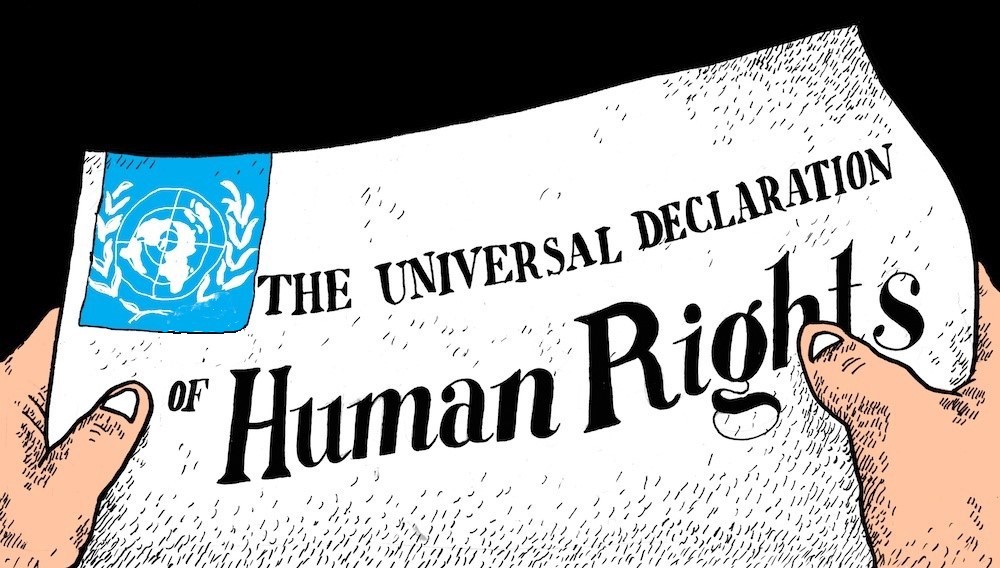Bachelet and UN Secretary-General (UNSG) António Guterres availed themselves of this opportunity to take stock of progress made, lessons learned, and put forward a new Agenda for Peace that presents a multidimensional vision of global security.
‘Our Common Agenda’ a framework set out by the UN Secretary-General in September 2021 is a new social contract firmly anchored in human rights, calling for renewed solidarity across the world.
The Agenda proposes to deepen collective action by addressing the root causes of insecurity, increasing investment in resilience and early warning systems, developing multilateral partnerships, and more sustained efforts in peacebuilding and fighting the effects of climate change.
Ms. Bachelet acknowledged that since the UDHR was first signed, “the world as a whole grew richer, and people lived longer. More children went to school, and more women were able to gain a greater measure of autonomy. More people in more countries had more opportunities to break the shackles of poverty, class, caste and gender.
Despite this progress, however, she noted that over the past twenty years, a succession of global shocks and the onset of the pandemic in 2020 undermined these developments.
With the world “at a crossroads”, new threats have emerged to basic human rights, such as the pandemic, digital technology’s overreach, and the climate crisis, said UN chief Guterres, in his message for Human Rights Day marked on Friday.
“Public space is shrinking. Poverty and hunger are rising for the first time in decades. Millions of children are missing out on their right to education. Inequality is deepening – but we can choose a different path”, he assured.
Mr. Guterres noted that recovery from the pandemic “must be an opportunity to expand human rights and freedoms, and to rebuild trust.”
mh/pll/rgh/age









